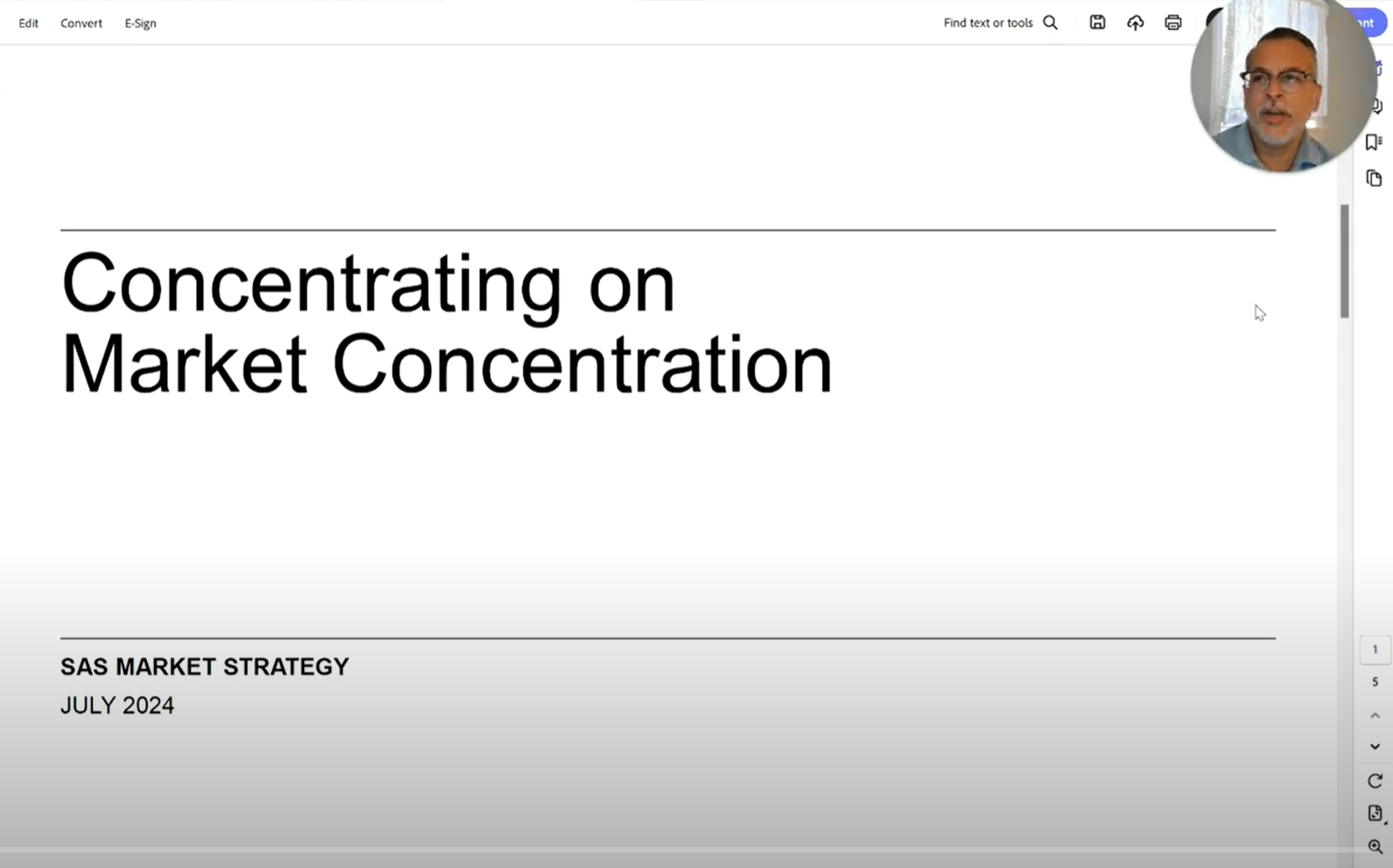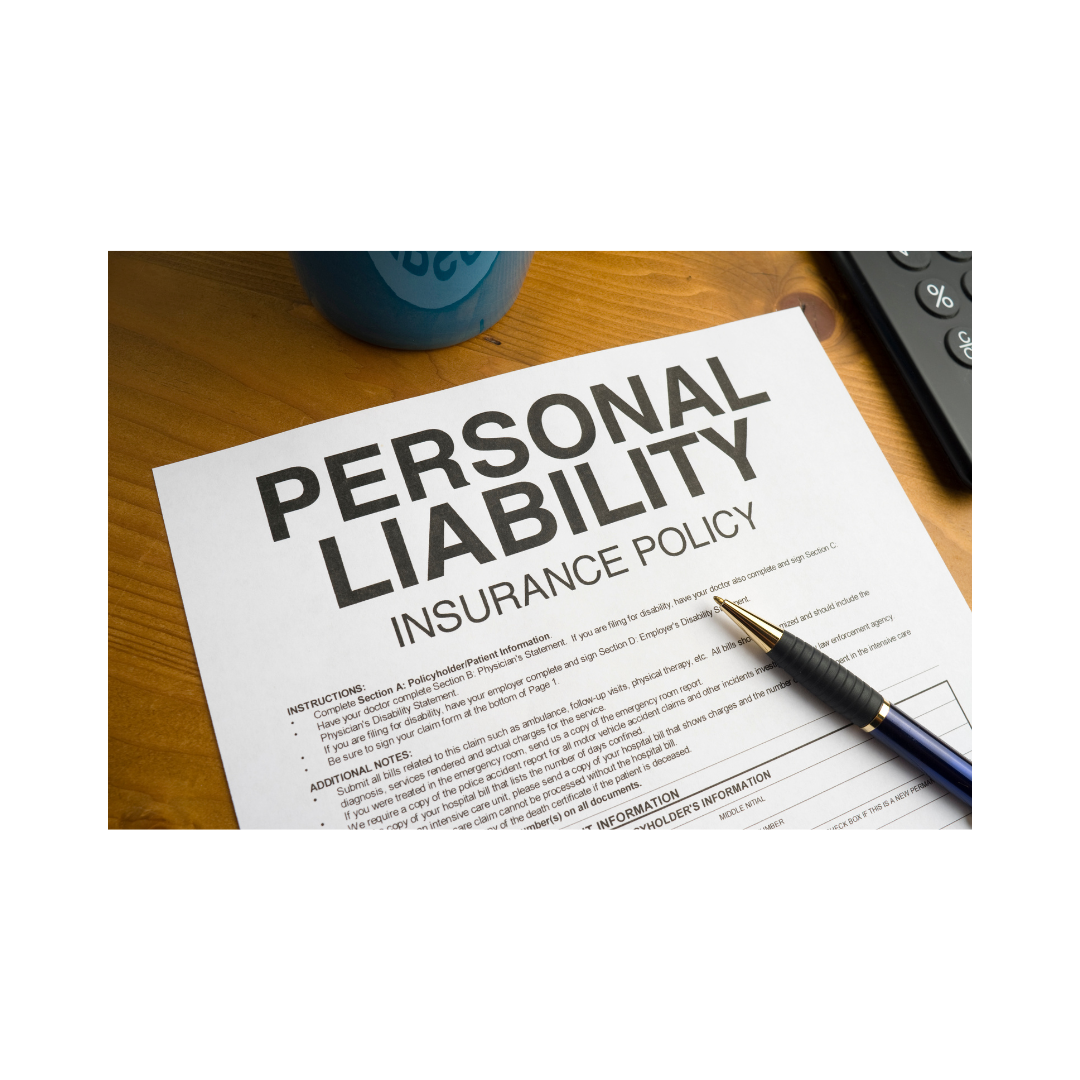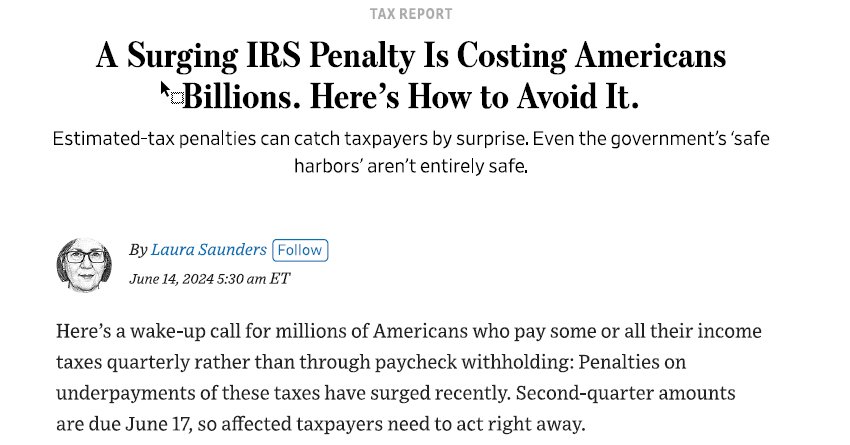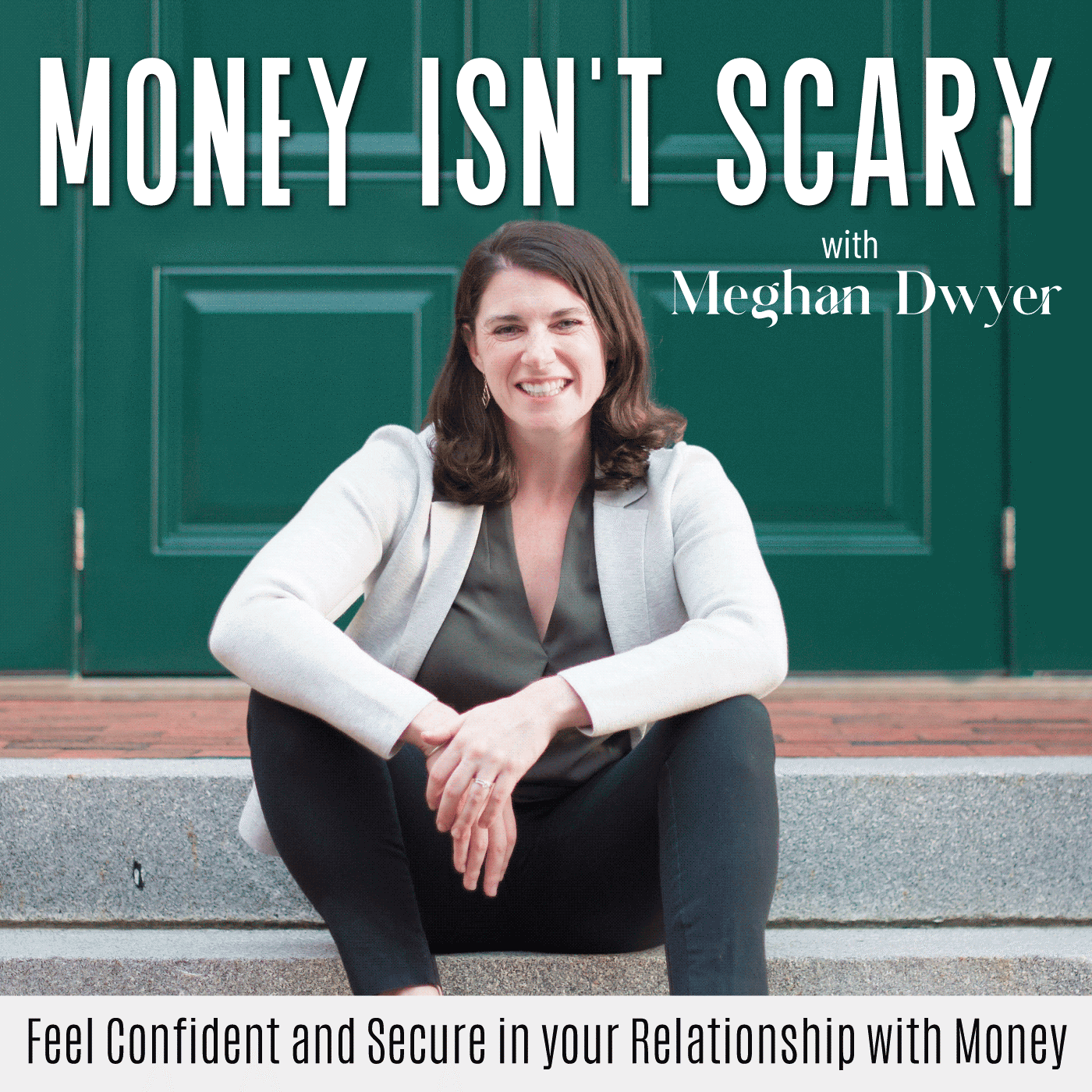
I will save you the suspense – their forecasting ability would be laughable, if it wasn’t for the fact that millions of families rely on them to manage their retirement funds.
We recently asked our Bentley intern Janee Merritt to pull together last year’s list just to see how the banks’ picks turned out. There were 16 banks in total, including the usual suspects – Goldman, JP Morgan, BofA, etc. Their average forecast was for the S&P500 to end 2017 at 2,362…. So with the S&P clocking in at 2,743 – the under-shoot of 14% is massive… considering the annual return for the year ended up at +20%.
Even more troubling is that ALL 16 banks undershot the mark – there wasn’t a single forecast that over-shot. Hmmm…
You can see how little variance there is across the set of 16 forecasts: the lowest was 2,300 (Goldman) and the highest was 2,500 (Royal Bank of Canada). The others are all clustered around 2,400
This suggest that there is not a lot of original thinking going on and that everyone’s models and inputs are the same. But there is also the career risk of straying too far from the pack, a factor that inhibits any original analysis that points to an outlier forecast. In a competitive market shouldn’t we see some years where half of the forecasts are above and half below the final number? Not once is this the case.
Just to be thorough Janee compiled each year’s forecasts going back to 2012. Again, the banks – consistently and in unison – under-shot the final number every year except 2015. Stripping out 2015’s single over-shoot, the average under-shoot was -9% for the 5-years (ex-2015) starting in 2012.
In 2015 their average call was for 2,190 and the S&P came in at 1,919… an over-shoot of 14% …oops. By the way, the S&P ended down -1% in 2015, so the bulls were wrong-footed in a big way (FYI – all were bulls).
Once again, in every single year virtually all of the banks were wrong in the same direction.
The takeaways of this are many – but two stand out:
- trying to forecast the market on 1-year cycles is a fool’s errand.
- and, if you are a forecaster at a wall-street bank it is better to be wrong collectively than to risk being right alone, while being wrong and alone is career-ending.













